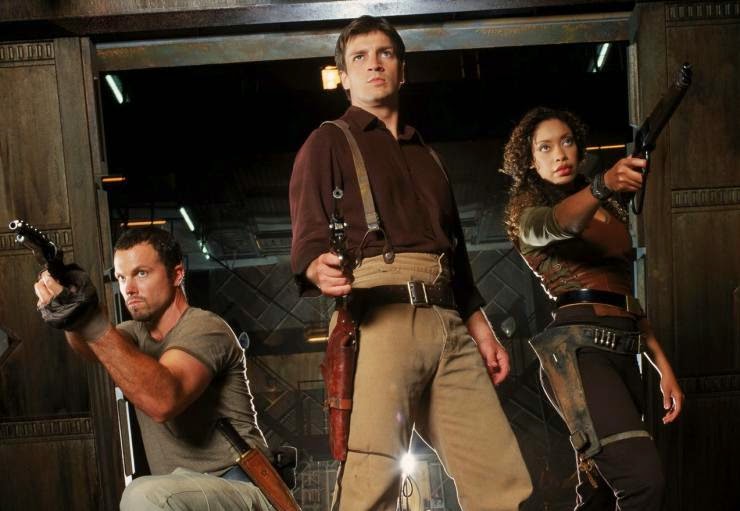...not to mention all the world-class sushi, beer, and venison I'd consume, or the skiing I'd do, or the ban'ei events I'd watch, or all the Russia I could see from my house.
Anyway, I find that Hokkaido and its legendary snows are crossing my mind more and more as the Korean weather heats up. It's getting warm and muggy out there. Every day I step outside my door, give my best Charlton Heston squint, and then walk to the subway through a hot, bright, hazy city that would do the film Soylent Green proud.
I can only imagine how it's going to be in Southeast Asia as I trip through Vietnam, Cambodia, Thailand, Malaysia, Singapore and Hong Kong during the peak of summer.
Well...maybe not Thailand.
Have you been keeping track of what's going on down there?
 |
| Source: The Times. |
Did they have to have a bloody coup in Thailand just two months before I'm slated to travel by train through it?
I think it's about time I shared with you the itinerary for this big Southeast Asia train trip I've been yapping about for weeks. It'll make this bitchfest easier. Plus it'll make my mum quit worrying about exactly when and where I'll be. So here you go:
Saturday, 7/12: Gimpo to Shanghai by plane (there to spend the night partying)
Sunday, 7/13: Shanghai - Kunming - Nanning - Hanoi by plane
Monday, 7/14: explore Hanoi, catch the 11:00 p.m. night train to Ho Chi Minh City
Tuesday, 7/15: slow train through Vietnam (pass Huế at 10:30 a.m.)
Wednesday, 7/16: arrive in Ho Chi Minh City at 4:30 p.m.
Thursday, 7/17: HCMC
Friday, 7/18: HCMC
Saturday, 7/19: HCMC to Phnom Penh by bus
Sunday, 7/20: Phnom Penh
Monday, 7/21: Phnom Penh to Siem Reap by speedboat
Tuesday, 7/22: Angkor Wat
Wednesday, 7/23: Siem Reap to Paoy Paet by bus (Cambodian-Thai border); Aranyaprathet to Bangkok by train
Thursday, 7/24: Bangkok
Friday, 7/25: Bangkok
Saturday, 7/26: Bangkok
Sunday, 7/27: Bangkok to Butterworth by night train
Monday, 7/28: arrive in Butterworth; ferry to Penang; explore George Town
Tuesday, 7/29: George Town
Wednesday, 7/30: Butterworth to Singapore (train departs 8:00 a.m., arrives same day)
Thursday, 7/31: Singapore
Friday, 8/1: Singapore
Saturday, 8/2: fly to Hong Kong at 1:30 a.m.
Saturday, 8/2 - Thursday, 8/7: Hong Kong with Miss H
I planned this minutely. The timing has to be just right. It's a journey of nearly 9,000 kilometers, and I have social engagements in Ho Chi Minh City and Hong Kong which I need to arrive on time for. I haven't reserved my train tickets yet, but a few days ago—before the news of the coup broke, back when this was all just a bunch of Thais in red shirts rioting—I finished booking my hotels. All of them. Even the one in Bangkok. Argh.
I don't know what to do now. Should I cancel my hotel reservation in Bangkok and reserve a flight ticket from Cambodia to Malaysia? Fly from Phnom Penh to Kuala Lumpur, take the train north to Butterworth and do my Penang thang, and then go back down to Singapore by train and meet Miss H in Hong Kong for her week-long summer vacation? Or do I stick with the original plan and hope things cool down in Thailand between now and late July? As I've previously pointed out, coups are nothing new down there. Last week the BBC pointed out that Thailand has seen 12 coups since 1932. I'd venture to suggest that, compared to places like Libya or Somalia, Thailand is remarkably stable despite such frequent upheavals. On the other hand, dire warnings from the U.S. State Department (and, I anticipate, my own parents) will urge me to reconsider my travel plans and skirt the country altogether.
Grmf. I don't know what to do, and I don't like it. Guess I'll just have to use the Polaroid approach: keep an eye on the situation and see what develops.
Postie out.




























